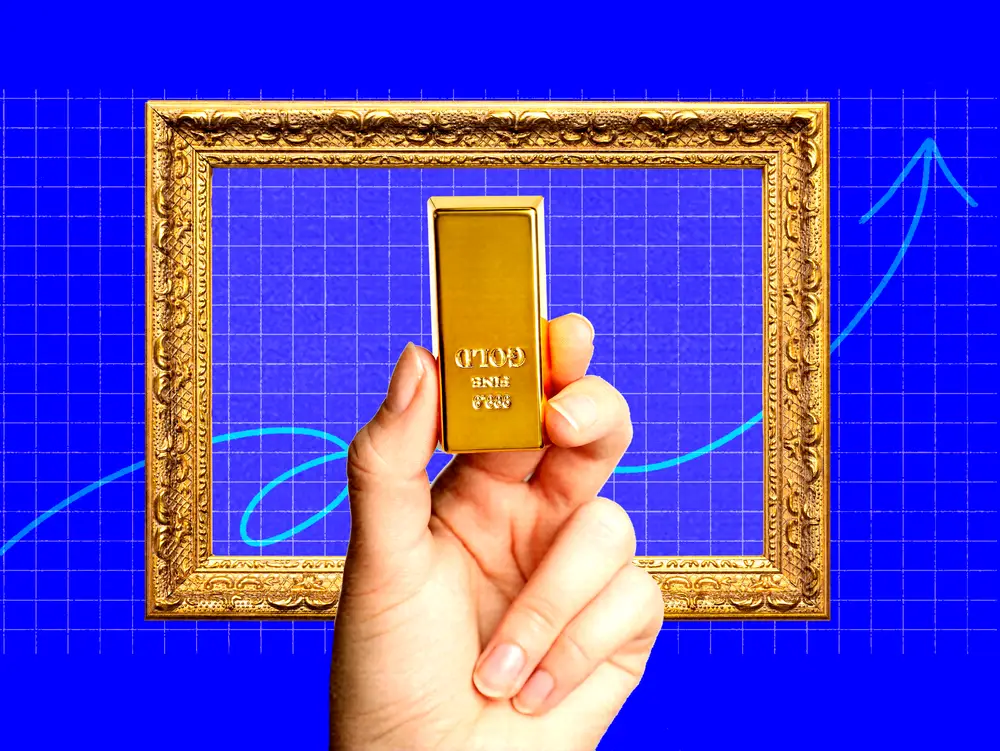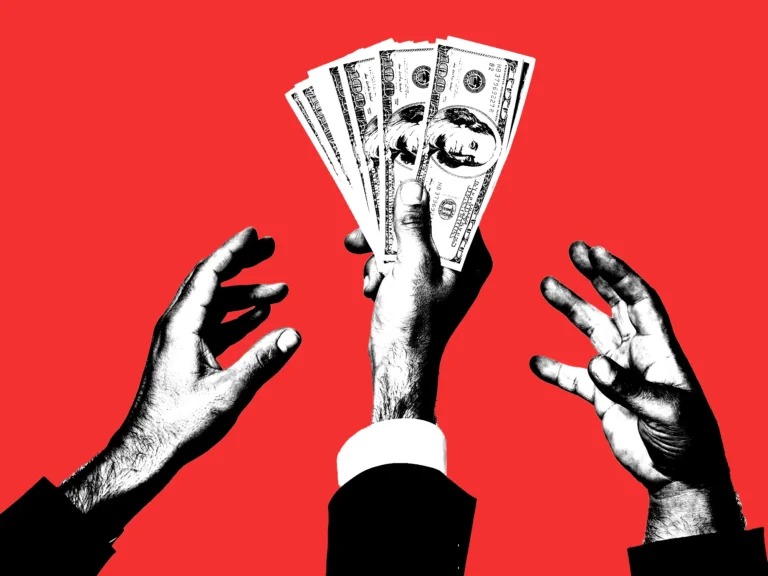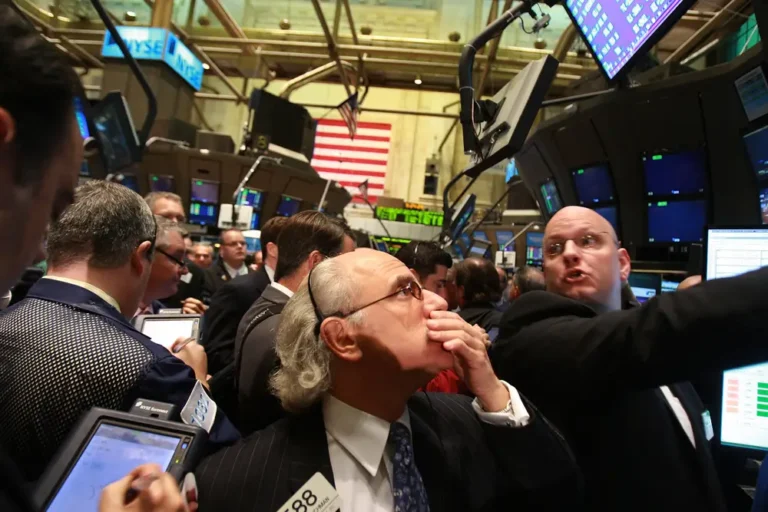Goldman dials back its bullish gold forecast amid a dimmer outlook for rate cuts in 2025

Goldman Sachs’ bullish gold forecast appears to be no longer in the cards this year amid an uncertain outlook for more rate cuts, the firm said in a recent note.
The firm’s analysts lowered their year-end price target for the metal to $2,910 an ounce and pushed their $3,000 per ounce target from the end of the year to mid-2026, citing a slower pace of rate cuts this year than previously expected.
Their year-end 2025 price target represents upside of about 10% from where the commodity was trading on Tuesday.
After a mild 25 basis point cut last month, Federal Reserve chair Jerome Powell and other members have stressed a slower pace of fiscal easing to keep inflation from spiraling out of control again.
The Fed’s hawkish tilt now has traders pricing in just one or two more rate cuts this year, compared to previous expectations of three to four.
The Goldman analysts, for their part, expect 75 basis points in cuts, compared to their previous expectations for 100 basis points.
The analysts also pointed to moderation in speculative demand after Donald Trump clinched the US election. Gold is typically seen as a safe haven asset, and tends to surge in times of uncertainty.
Exchange-traded funds that track gold also saw weaker-than-expected inflows last month as market uncertainty abated, which gave a lower starting point for gold prices in 2025, the analysts said.
“Opposing forces—lower speculative demand and structurally higher central bank buying—have effectively offset each other, keeping gold prices range-bound over the past few months,” the analysts wrote in a Sunday note.
The analysts said strong central bank buying continues to be the main driver of their bullish forecast in the long-term, with additional cyclical support from a gradual boost to ETF holdings as interest rates decline.
The analysts’ call comes as gold soared 27% in 2024 to become one of the year’s hottest investments, fueled by global central bank easing, as well as the de-dollarization trend that has fueled demand from countries looking to diversify their reserves away from the dollar.






